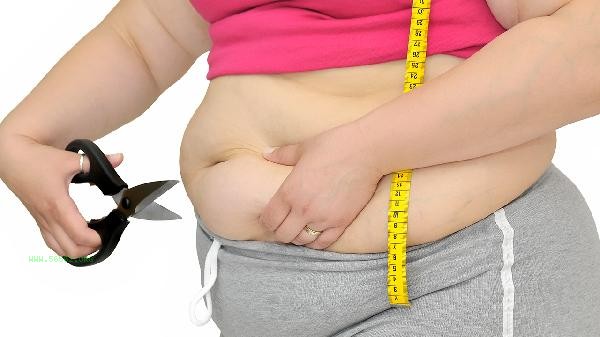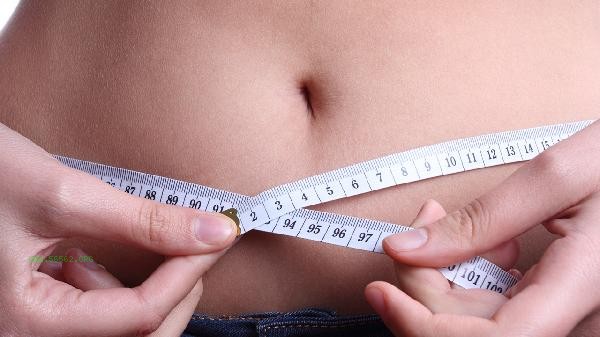Jellyfish heads are suitable for consumption during weight loss. Jellyfish have low calories, low fat content, and are rich in protein and dietary fiber, which can help increase satiety and control appetite. Their main advantages include low calories, high protein, zero fat, promoting metabolism, and improving intestinal health.

1. Low calorie:
Jellyfish contains only about 30-50 calories per 100 grams, much lower than meat or staple foods of the same weight. Eating during weight loss can reduce calorie intake, satisfy appetite, and avoid overeating caused by excessive dieting.
2. High protein:
Jellyfish heads have a protein content of 6% -10%, making them a high-quality source of animal protein. Protein digestion is slow, which can prolong satiety time, reduce snack intake between meals, and help maintain muscle mass, avoiding a decrease in basal metabolic rate.
3. Zero fat:

Jellyfish heads have almost zero fat content and do not contain trans fatty acids. For weight loss individuals who need to strictly control their fat intake, especially those with high blood lipids, it is an ideal alternative ingredient that can replace some high-fat meat.
4. Promote metabolism:
Jellyfish heads are rich in iodine, which can promote thyroid hormone synthesis and accelerate basal metabolic rate. Its unique collagen can also improve skin elasticity and alleviate skin sagging caused by rapid weight loss.
5. Improving intestinal health:
The dietary fiber and glial substances in jellyfish heads can adsorb intestinal oils and promote bowel movements. Paired with vegetables rich in vitamins for cold consumption, it can form a low calorie, high fiber weight loss meal and optimize the gut microbiota environment.

It is recommended to choose fresh or lightly salted jellyfish heads and avoid high calorie methods such as sugar, vinegar, or frying. When making cold dishes, use vinegar and mustard instead of sesame paste, and pair with shredded cucumber and carrot to increase dietary fiber intake. It is recommended to consume 2-3 times a week, with 100-150 grams each time. Attention should be paid to the possibility that some people may be allergic to jellyfish, so it is recommended to consume in small amounts on the first attempt. People with renal insufficiency need to control their intake and avoid excessive protein to increase the burden on the kidneys. Long term weight loss can include it in a protein rotation diet, alternating with chicken breast, shrimp, and other foods to ensure nutritional balance.




Comments (0)
Leave a Comment
No comments yet
Be the first to share your thoughts!